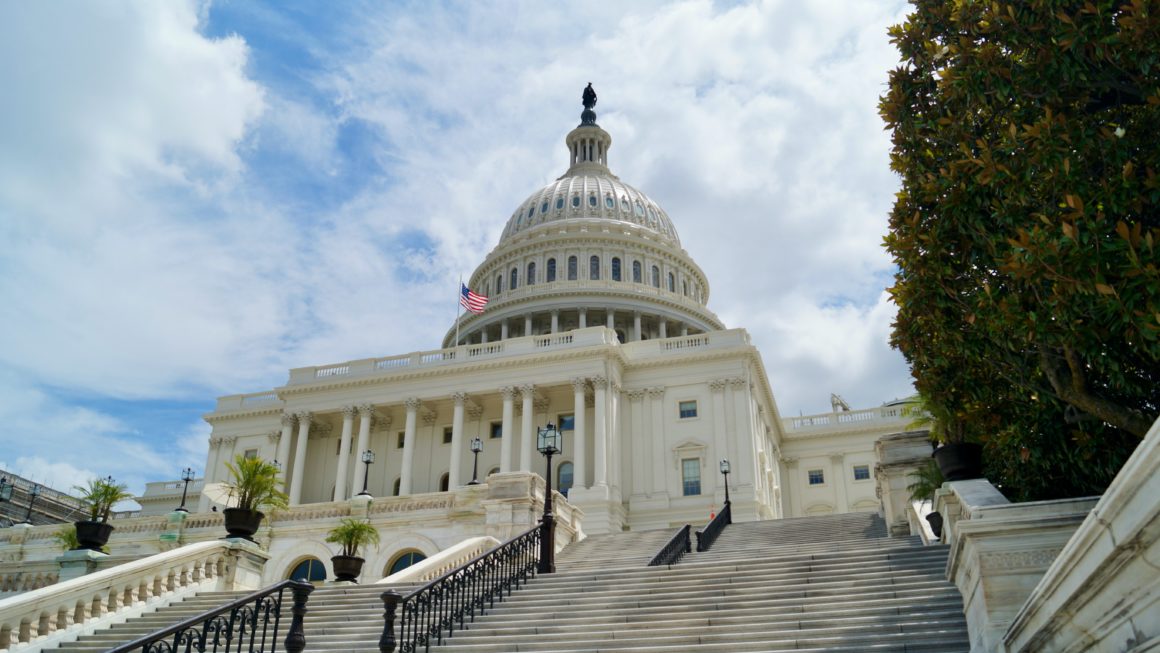What Are the Potential Benefits of Blockchain for Governments?

Blockchain has moved from a fringe technology to a mainstream topic that many people talk about. This is partly because of the role it can play in the public sector and the tangible benefits it can potentially provide to governments. The excitement around the technology has increased because of its potential use cases in both the public and private sectors. New platforms like FiO and its SaaS applications offer a disruptive overhaul of outdated technology to improve interoperability, data privacy and seamless, cost-effective scaling thanks to decentralized record-keeping.
Blockchain can help governments address legacy pain points and gain several advantages such as reduction in costs, corruption, fraud, secure storage of data, and increased trust in government among other things.
Benefits of blockchain technology for governments
Governments can only turn to blockchain if the technology proves to be a better solution to existing problems. Here are some of the major ways in which the distributed ledger technology can be utilized by governments.
Minimize corruption
Government contracting, or public procurement, is one of the major ways in which corruption takes place. As governments spend more money on public procurement, there is massive financial waste that arises from man-made causes such as the distortion of prices. This leads to ineffective services and substandard goods that fall short of the capital invested in these projects.
One turn around to this whole problem is the use of blockchain technology to directly reduce the factors that facilitate corruption. The use of smart contracts makes sure that there are increased transparency and accountability. Moreover, it is impossible for anyone to alter transactions to cover corrupt behavior.
Electronic voting

The use of blockchain technology in voting can reduce election tampering and make the electoral process and results more trustworthy.
Protection of sensitive data
Data has become very important in today’s digital world. Some observers have even argued that the next world war could be fought over data. Many people are transacting online for simplicity, and since the advent of the coronavirus pandemic, it has become a necessity.
However, the large collection of data is a honeypot for cybersecurity hackers who are on the lookout to exploit vulnerable systems. In 2017, Equifax, one of the leading credit bureaus in the United States was breached, and information belonging to 150 million consumers was exposed.
What is even more worrying is not just the scale of the breaches, but the fact that the exploits go on for several months before they are discovered.
Government agencies such as the Department of Homeland Security in the U.S. are realizing the importance of blockchain technology in cybersecurity. This could change the way people manage their online identities and curb the growing data breaches.
Cost reduction and improved efficiency
Governments have a mandate to fulfill their duties. This includes a lot of bureaucracy and time-consuming processes, not to mention the increased cost to taxpayers.
Blockchain technology can streamline some of the processes, reduce the time required to accomplish these tasks, and reduce the cost as well. This also ensures data security and integrity.
How FiO unlocks blockchain benefits for governments
FiO has custom solutions tailor-made to help governments unlock the potential benefits of blockchain technology.
Several governments around the world have moved toward issuing vaccine certificates/passports on the blockchain. Governments are likely to use different blockchains that make it impossible for one country to see the vaccine passport digitally stored on another.
FiO enables interoperability between different blockchain and makes it possible for vaccine passports issued on one blockchain to be retrieved on another.
The company is also harnessing blockchain technology and other emerging technologies such as artificial intelligence to beef up security systems. This solution analyzes data systems and detects possible attacks.
FiO created a blockchain solution that tracks government spending in social contracts as well as public procurement. This is a bespoke blockchain solution that holds the government accountable by shutting the doors that facilitate corruption.
Most importantly, FiO’s identity management system protects the identities of government workers and civilians. This prevents important personal information such as social security number, ID number, and even home address to reach the hands of nefarious actors.
In a nutshell, this is how FiO’s blockchain solutions can be utilized by governments:
- Reduced avenues for corruption and the abuse of public funds
- Secure blockchain-based voting systems
- Increased efficiency and reduced costs
- Secure storage of data
- Enhanced transparency and accountability
Blockchain technology is only a tool. It needs the support of other tools as well as individuals to make sure that it produces the greatest impact possible. And as blockchain technology matures and more research is done, we expect to increase the scope of its use.



